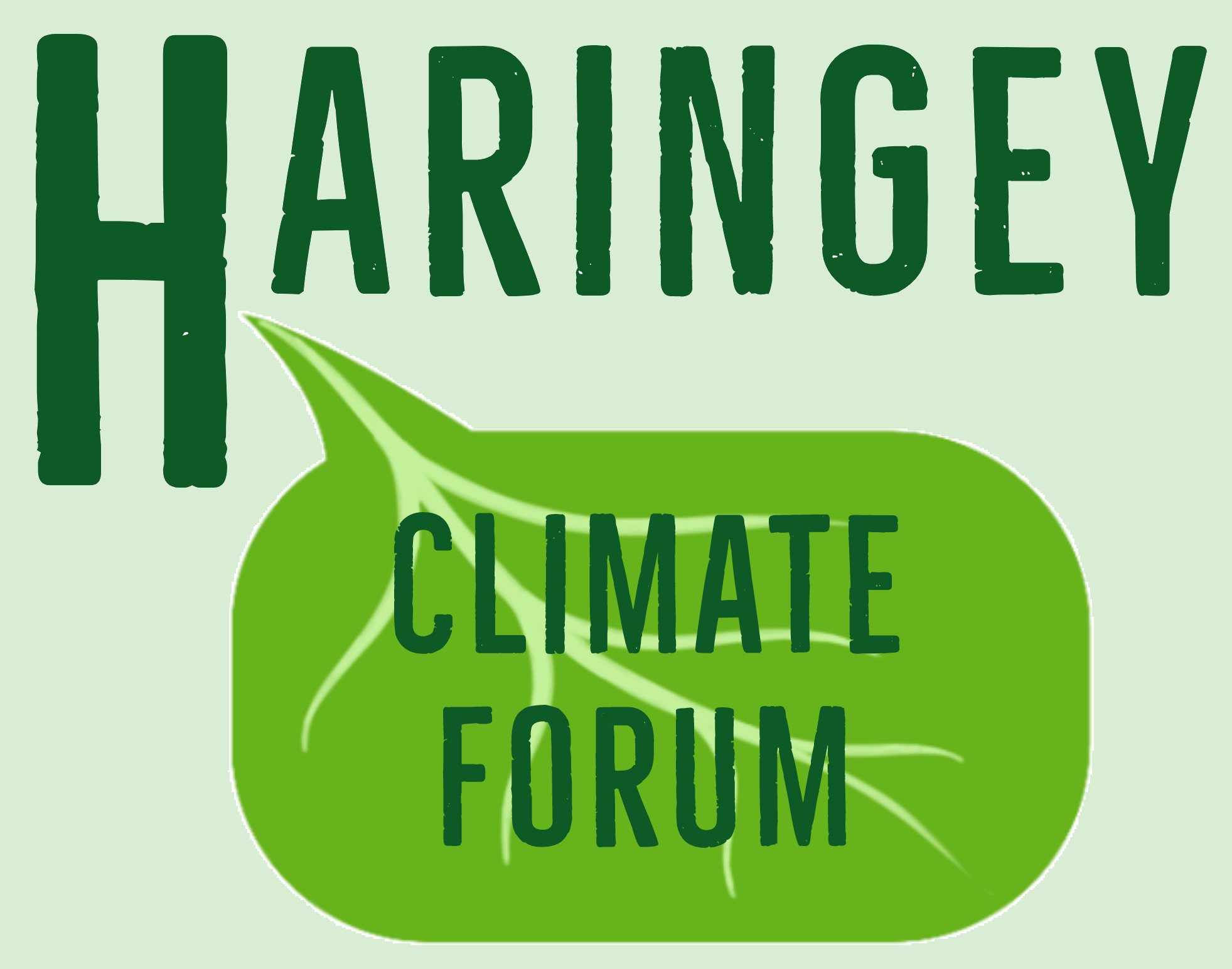History & Background of Haringey Environmental Groups
There has been local campaigning on climate issues since the mid-1970s when Muswell Hill & Hornsey Friends of the Earth was founded. In the late 1980s Tottenham & Wood Green FoE started and the two groups worked on climate-related issues, for example leading the successful campaign to stop the widening of the North Circular at the Bounds Green junction.
After the Rio Earth Summit in 1992 the two groups, and others, lobbied the Council to start up a Local Agenda 21 process. The council agreed, and a number of Haringey Agenda 21 conferences and other events took place, engaging hundreds of people in activities around energy, waste, wildlife and transport. But the anticipated major shift in government policy did not happen and local momentum was lost over the years.
In 2004 Haringey Agenda 21 was flagging, but it was decided to re-launch as Sustainable Haringey. Soon afterwards the Transition Towns movements began, and local Transition groups sprang up in Crouch End, Highgate and Finsbury Park.
In 2008 the Muswell Hill and Fortis Green Association held a public meeting on Sustainability and formed the Muswell Hill Sustainability Group under the chairmanship of Dr Alan Morton, the main objects of which were to support and promote a more sustainable future, to raise awareness of climate change and to encourage people in Muswell Hill and surrounding areas to reduce carbon emissions by 80% by 2050.
In 2009 MHSG was successful in a bid to the Department of Energy and Climate Change to install solar panels on Marks & Spencers on Muswell Hill Broadway and in October it registered en10ergy limited as a social enterprise with the Financial Services Authority to undertake solar projects, with profits to be used for the benefit of the local community in the pursuit of sustainable development, including support for MHSG.
In 2009 Friends of the Earth launched its national Get Serious About CO2 campaign, and that year, after local lobbying, Haringey became the first council to sign up to its pledge to cut CO2 emissions from the borough by 40% by 2020. This started the Haringey 40:20 process, with the Haringey Carbon Commission producing plans and the beginning of annual carbon reports in 2012. This presentation covers the original Carbon Commission Report . For more information about this time see the Foundations page [link to 40:20 Foundations] contains more information about the original 40:20 events.
In 2015 as a result of Council funding cuts and staffing reductions, running the Climate Forum and its website became the responsibility of community activists, convened by Quentin Given.
